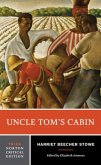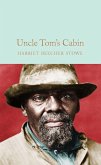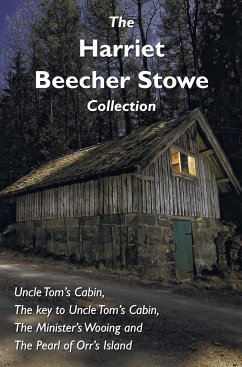"Uncle Tom's Cabin" by Harriet Beecher Stowe's is greatly grounded in the historic setting of 19th century America, particularly the subject of slavery as well as the increasing rivalries between the North and the South. Understanding this context is actually crucial to appreciating the novel's importance and impact. Antebellum America: Slavery: The issue of slavery split the United States out of the first to mid 19th century. The agricultural market of the Southern states significantly depended on slave labor, particularly in the generation of cotton and tobacco and sugar. The Northern states had been industrialized as well as had almost completely ended slavery, in contrast. Fugitive Slave Act of 1850: The Compromise of 1850 integrated this law as a method of pacifying Southern states. It mandated that freed slaves found in states that are free be handed to the owners of theirs and penalized those that helped them escape. The law brought about severe controversy and aggravated tensions between the South and north. Abolitionist Movement: The North was seeing a developing campaign which demanded the quick conclusion of slavery. The abolitionists used literature, newspapers, as well as the Underground Railway to further the ideals of theirs, which allowed enslaved people to look for freedom in states that are free and Canada. Stowe's Personal Context: Harriet Beecher Stowe: Stowe was brought up in a famous religious family as well as was influenced by the dad of her, renowned preacher Lyman Beecher, and the siblings of her, who were connected with interpersonal change initiatives. She very strongly guided the views of her on slavery through her Moral and christian convictions. Cincinnati: Stowe was residing in Cincinnati, Ohio, a city situated near Kentucky, a slave state. She was near adequate to slavery to believe its ramifications and audibly hear the accounts of escaped slaves and aabominationists. The Death of Her Son: The loss of her boy Samuel is actually believed to have greatly affected Stowe. She often attributes this to assisting her fully grasp the suffering of enslaved mothers that lost the kids of theirs. The Novel comes with an impact: Public Reaction: The guide "Uncle Tom's Cab Cabin" proved to be trendy both in the United States and anywhere. It rekindled the American consciousness to the simple fact of slavery, especially with most people that had earlier stayed silent on it.
Bitte wählen Sie Ihr Anliegen aus.
Rechnungen
Retourenschein anfordern
Bestellstatus
Storno








